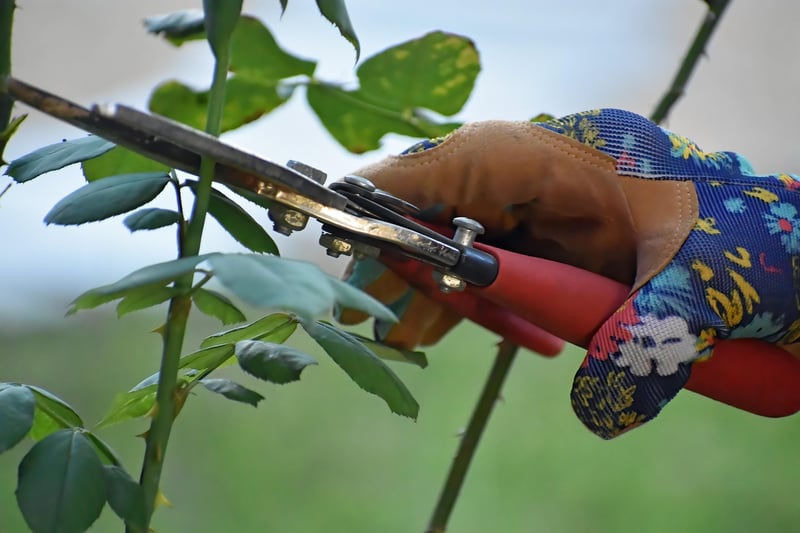Pruning Techniques
Keeping Your Vertical Garden Healthy: Essential Pruning Techniques
Vertical gardens are a fantastic way to bring greenery into small spaces, but they come with their own set of challenges. To ensure your vertical garden thrives, proper pruning techniques are essential. Pruning not only helps maintain the health and aesthetics of your vertical garden but also promotes new growth and prevents disease. Here are some tips to keep your vertical garden healthy through effective pruning:
1. Regular Inspection
Inspect your vertical garden regularly to identify any overgrown, damaged, or diseased plants. Early detection allows for timely pruning, preventing issues from spreading to other plants.

2. Prune Dead or Yellowing Leaves
Remove dead or yellowing leaves promptly as they can attract pests and inhibit healthy growth. Make clean cuts near the base of the leaf to encourage new foliage.

3. Trim Overgrown Branches
Trim back any overgrown branches to maintain the shape and size of your vertical garden. Cutting back excessive growth also allows better airflow and light penetration for all plants.

4. Prune After Flowering
If your vertical garden includes flowering plants, prune them after flowering to encourage new blooms and prevent seed formation. Remove spent flowers and trim back leggy growth to maintain plant health.

5. Use the Right Tools
Ensure you have the proper tools for pruning your vertical garden, such as sharp scissors or pruning shears. Clean your tools between plants to prevent the spread of diseases.

By following these pruning techniques, you can maintain a healthy and vibrant vertical garden that enhances your space. Remember to prune with care and consistency to enjoy the beauty of your vertical oasis for years to come!
